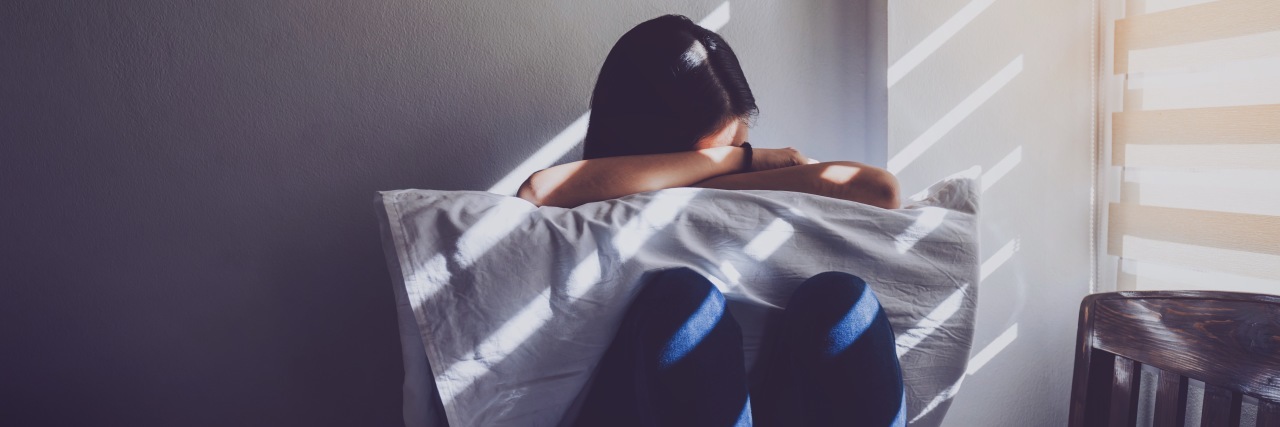Like all of America and the larger world, it seems I can’t get away from the constant headlines, breaking news stories and unfortunately, even clickbait articles littered with misinformation about this health crisis we are currently facing. Everywhere, from ordinary conversations with our neighbors and even in our social media newsfeeds, we are bombarded with worries and concerns about the wellbeing of our friends and our families due to this brand new illness. This pandemic has caused many to panic, with false information creating fear over understanding the facts. Like many of you, I found those dreaded empty shelves in my local store and, although needed, my hands feel like they have been washed more in these past few weeks than all of last year, and I’d like to think that before COVID-19 disrupted our daily lives that I was pretty good at that sort of thing.
Beyond being vigilant with personal hygiene, things like social distancing to “flatten the curve” have become everyday terms we all use and are actively putting into practice in our daily routines. News reports of even more self-quarantines and entire communities on lockdown keep popping up in the headlines and the confirmed number of positive cases continue to grow on those constant ticker tapes on the bottom of our TV screens. While out for an afternoon run, I suddenly reminded myself that neighbor nearing in the distance shouldn’t get closer than 6 feet as the guidelines are calling for.
All of these precautions are top on my priority list not only for the safety of my community and family, young and old alike but also because like the estimated 8.4 million Americans out there, I am currently uninsured. The fear of contracting this virus is nearly outweighed by the fear of not having access to health coverage that could be a potential gamechanger in how well my body could fight this illness. And while there are announcements of tests and eventual treatments being possibly cost-free, still the anxiety-inducing what ifs never completely go away. The what ifs of whether those announcements are too good to be true. The what if I need to make a visit to a primary care physician if and when symptoms like cough and fever become an interruption to my daily life. Or the dreaded what if of that fever spiking or troubles with breathing become a factor, as an uninsured American, what will my newfound reality look like then? Would I get the care I need and how in the world would I be able to flip that urgent care or hospital bill in the days after kicking this virus’ butt?
Living without health insurance is a fear that, before the coronavirus dominated our airwaves, already had those of us living with that reality being more vigilant to avoid injury or sickness quite often. Now, that vigilance has translated into the more hyper kind with hyper-vigilance as basically default at this point. Avoiding this virus has become a mission for some of us, not because of panic but out of practicality. It’s prioritizing ensuring not only our health but our whole wellbeing, physical and financial alike. It’s about prevention.
It’s vital we all pitch in with doing our part to fight this pandemic. Fight for the elderly in our families and communities, for those battling underline health conditions like chronic lung disease, diabetes and compromised immune systems due to things like genetic disorders and chemotherapy treatments. And, also fight for those that either don’t have adequate health insurance or none at all. With everyone trying our very best, we can beat this virus and the toll it takes in every aspect of our wellbeing.
So, to repeat a few now well-memorized instructions: Wash your hands for a minimum of 20 seconds. Practice that social distancing of six feet away, everybody. If you’re sick, please stay home. And, when you’re done reading this, maybe consider carefully disinfecting that phone of yours. Let’s give each other the best possible odds of overcoming the coronavirus.

